Varicocele: Causes, Symptoms, Treatment, Complications and Prevention
Overview of Varicocele
Free Consultation
Get Varicocele treatment cost estimate
Facts on Varicose Veins
The whole reproductive system work in coherence to produce, store and transmit sperm. The testicles produce sperms. There is no certain reason behind the swelling of the veins in the testes. But doctors assume anyone of the following reasons can contribute to the enlargement of veins in the scrotum.
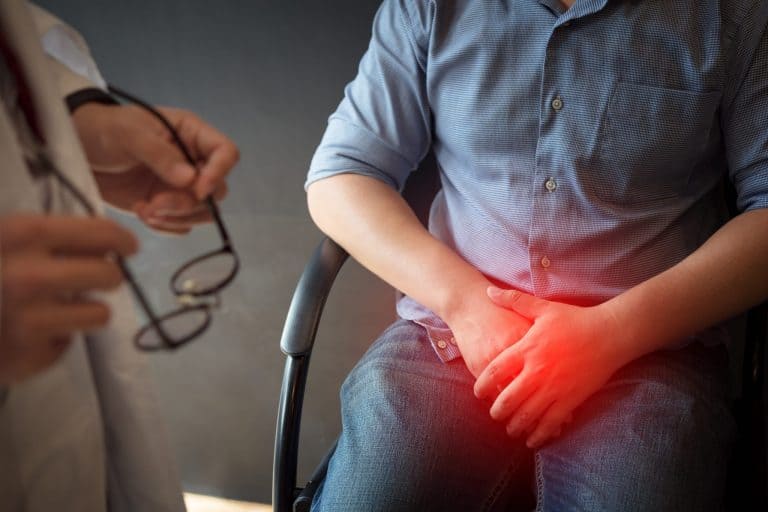

Some of them are discussed below-
- Valves in the veins don’t function properly
- Blood flow to the testicles is slow that results in the pooling of blood in the veins.
- The blood from the testicles towards the heart flows backward or pools in the veins.
- Blood flow is restricted by swollen lymph nodes or other masses under the belly.
Symptoms of Varicocele
In most cases, men do not experience any symptoms. In severe cases, a varicocele can be identified with the following symptoms-
- A lump can be felt in the testicles
- A low-intensity pain in the testicles
- A feeling of heaviness or pull in the scrotum
- Worm-like or spaghetti-like veins in the scrotum can be seen
- Discomfort on the side of testicles the veins dilate
- Testicles shrink on the side the veins dilate
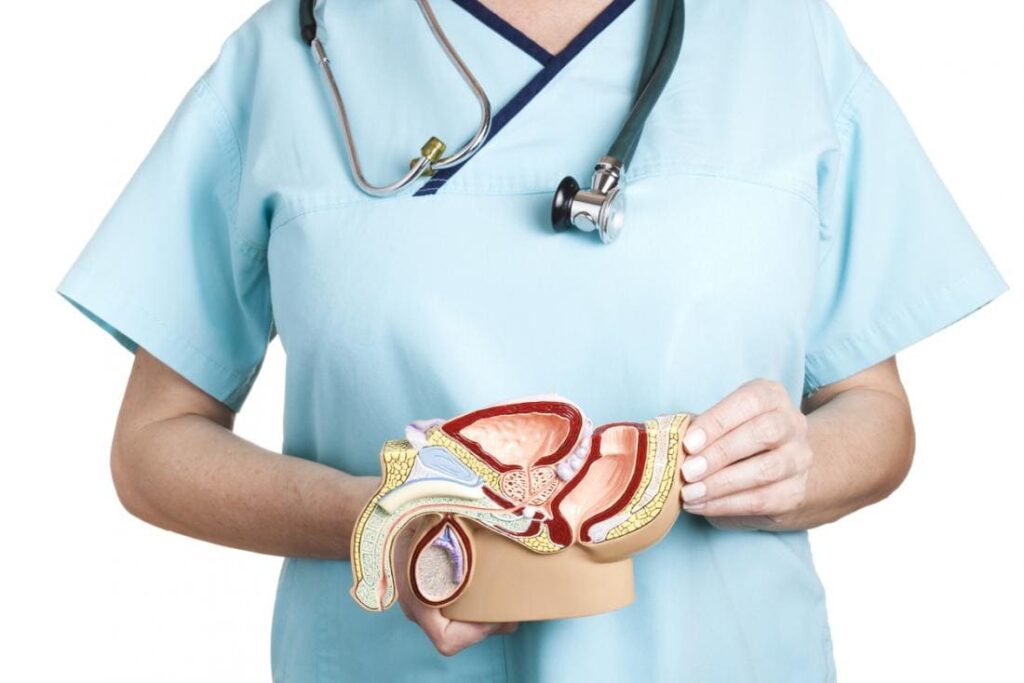
Types of Varicocele
There are two types of varicocele which can be further categorized into 3 types.
Primary Varicocele
Develops when internal spermatic veins and the renal vein creates pressure. Also, there can be malfunctioning valves in the veins.
Secondary Varicocele
Secondary Varicocele develops when an unwanted growth of skin in the scrotum restricts flow to the internal spermatic vein.
Whether someone is suffering from primary or secondary varicocele, the doctor diagnoses the grade of the varicocele the patient is suffering from.
Grade 1 varicocele
Detected during a physical examination, the patient performs a Valsalva maneuver, which is an exercise used to diagnose and monitor breathing.
Grade 2 varicocele
During a doctor’s examination, varicoceles in this level are not yet visible, but they can be felt without the use of a Valsalva maneuver.
Grade 3 varicocele
Often visible via the scrotum, making them easy to spot. There is no need to conduct a physical examination in order to find them.
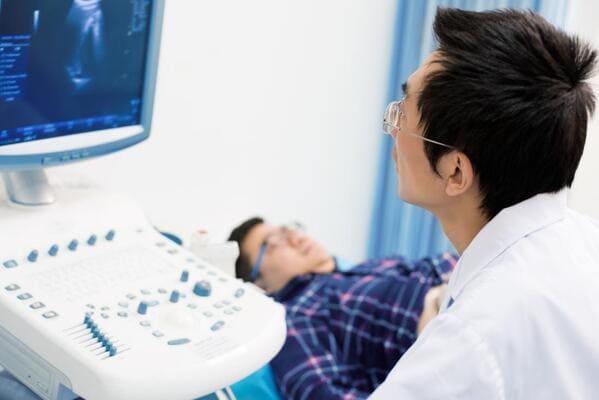
Diagnosis of Varicocele
A varicocele can be easily diagnosed through a physical examination. It is easily visible through a self-exam also. A varicocele cannot be diagnosed when the patient is lying down. In such cases, doctors diagnose through a Valsalva maneuver. In the Valsalva maneuver, the patients exhale forcefully by closing the mouth by pinching the nose shut. Doctors also perform a testicular examination. In this diagnostic test, the doctor visually checks for any abnormal growth or bumps by feeling the testicles and the area around it to confirm that nothing is wrong. The urologist also looks for any abnormalities in the epididymis. To rule out any other problem, the doctor recommends a scrotal ultrasound. In this diagnostic procedure, the doctor uses high-frequency sound waves to obtain images inside the male reproductive system- testicles and the surrounding area in the scrotum.
Treatments of Varicocele
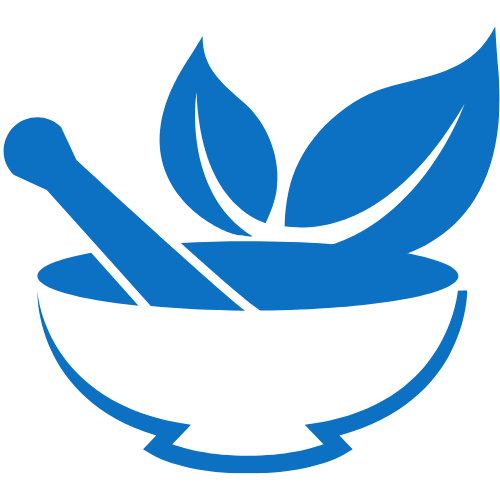
Ayurveda Treatment
- Varun
- Punarnava
- Rasana
- Turmeric
- Chirivilwadi kashayam tablets
- Sukumaram kashayam tablets
- Chandraprabha Vati

Surgery
- Varicocelectomy: This is a daycare procedure that can be performed at the doctor’s clinic. Performed under the influence of anesthesia, the urologist redirects the blood flow to other unaffected veins by closing the affected one. An obstructed vas deferens is repaired surgically in a varicocele surgery.
- Microscopic varicocelectomy: In this type of varicocelectomy, the surgeon makes an incision of 1cm. Through this incision, the veins are ligated using a microscope. The whole procedure is completed within 2 to 3 hours.
- Laparoscopic varicocelectomy: In this type, the surgeon makes several small incisions through which a long, slender tube known as a laparoscope is inserted. The doctors ligate the veins through these incisions. The whole procedure is completed within 30 minutes.
- Percutaneous embolization: With the help of X-ray guidance, a contrast dye is injected through a tube to check where the problem originates. This is done by tracking all the veins that leads to the varicocele. The flow of blood is diverted by blocking the blood flow in the affected vein with the help of coils, plugs with or without sclerosant. The whole procedure is performed by making a small hole in the groin or neck.

Home Remedies
- Diet: Special care needs to be taken by varicocele patients regarding their diet. The list of food items that doctors recommend are-
- Buttermilk
- Variety of rice which is red
- Radish
- Horse gram
- Ginger
- Pepper
- Pomegranate
- Sour fruits
- Ghee
- Soup
- Milk
- Water boiled with ginger and coriander
- Processed, fatty food
- Carbonated and sugary drinks
- Alcohol
- Spicy, salty food items
- Food that is difficult to digest such as cream, red meat, fat of cow, fish, pig, etc.
-
Lifestyle Changes: When diagnosed with a varicocele of any grade, doctors recommend some tips until the surgery is performed-
- Avoid sex
- Restrict any strenuous exercise or lifting heavyweights
- Do not swim or take a bath
- Avoid driving or operating any high machinery
- Restrict excessive straining while passing stools

Allopathic Treatment
Unfortunately, there are no drugs or medicines that can cure varicoceles. Doctors prescribe painkillers such as acetaminophen or ibuprofen to help get relief from the pain associated with varicocele.
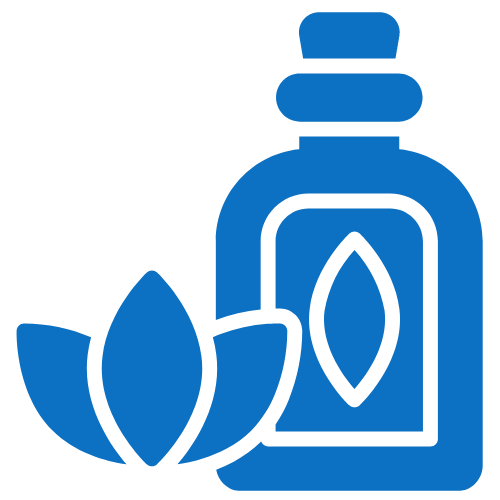
Homeopathic Treatment
- For getting relief from severe inflammation in the testes, take Pulsatilla.
- To get rid of excessive itching in the groins, doctors prescribe Rhus Toxicodendron.
- For immediate relief from pain in the testicles and spermatic cord, Nux Vomica is recommended.
- For immediate relief from pain and inflammation, Hamamelis is the appropriate option.
Our clinics are accessible from these cities
Complications of Varicocele
Leaving a varicocele untreated for long can lead to severe complications. Some of them are discussed below
Infertility
The main reason being that an increased blood flow raises the temperature of the testicles thereby, lowering sperm production.
Shrinking of Testicles
As the veins of the scrotum get enlarged, the testes tend to become smaller and softer. This is also known as testicular atrophy or shrinkage.
Imbalance of Hormones
There are higher levels of luteinizing hormone secretion. This is an abnormality as this hormone is found in higher levels in women.
Prevention of Varicocele
There are no preventive measures that can stop varicocele from occurring. But fortunately, there are some tips that improve circulation, strengthen vein structure and boost collagen production. These factors prevent new veins from swelling.
- Avoid a sedentary lifestyle. It is important that you don’t sit or stand for long periods without any break.
- Drink lots of water. Keep yourself hydrated to prevent sperm damage and maintain proper pH balance.
- Maintain a healthy lifestyle. To live a healthy life, stop consuming excessive alcohol or caffeine, stimulant drugs, smoking or consuming a low fiber, processed food diet.
- Consume Vitamin C-rich food. Vitamin C-rich food encourage collagen production and recovery. Some food that are rich in Vitamin C are broccoli, strawberries, mango, tomato, papaya, kale, and bell peppers.
- Ensure a healthy heart. People suffering from untreated diabetes or any cardiovascular diseases are more likely to suffer from arterial obstruction, poor circulation of blood as well as varicoceles.
- Eat food high in antioxidants to prevent damage to sperm.

3000+
Happy Patients
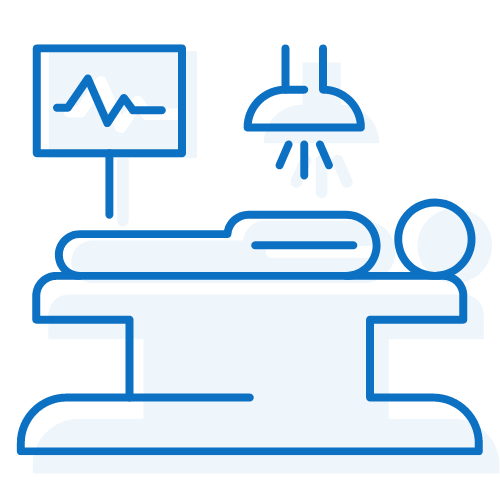
1000+
Surgeries

10+
Doctors
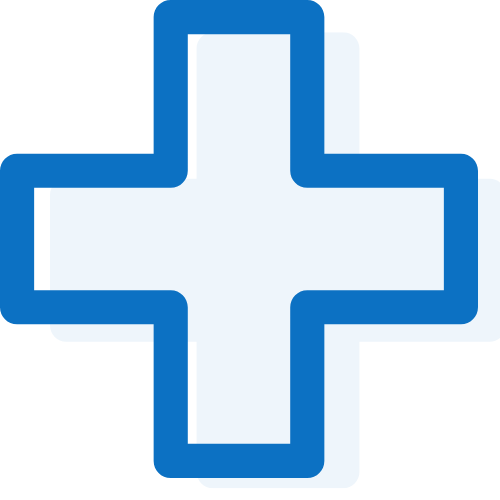
Clinics Across India

Multi-
City
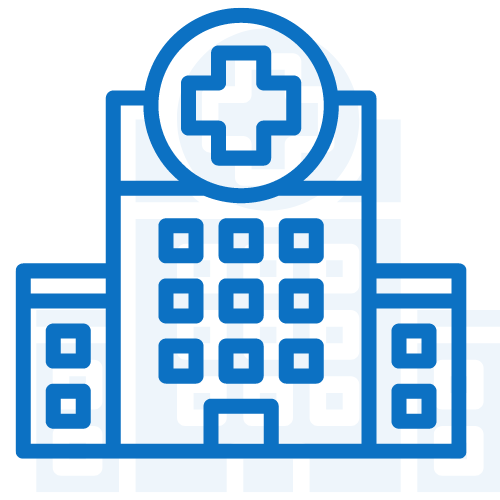
3+
Hospitals
Our Clinical Footprint
We provide easy storage and access to information from Mantra Care technology. Here, patients can easily acquire notes from virtual doctor consultation, treatment plans, prescriptions, and more from one place. Get medical information 24/7 from any digital device.
Mantra Care aims at creating a much more efficient experience for the patients through their cost-effective and quality-driven medical treatments.
We provide relatively lower cost treatments for almost every health problem making our company the best choice for patients. Mantra Care technology automates all the manual tasks for members and doctors, making it a viable choice for acquiring lower-cost treatments.